Patrick Cox
From top of the world to the doors of perception
Patrick Cox – From top of the world to the doors of perception

»Now it’s like how my career was in the beginning – pure creativity and joy.«
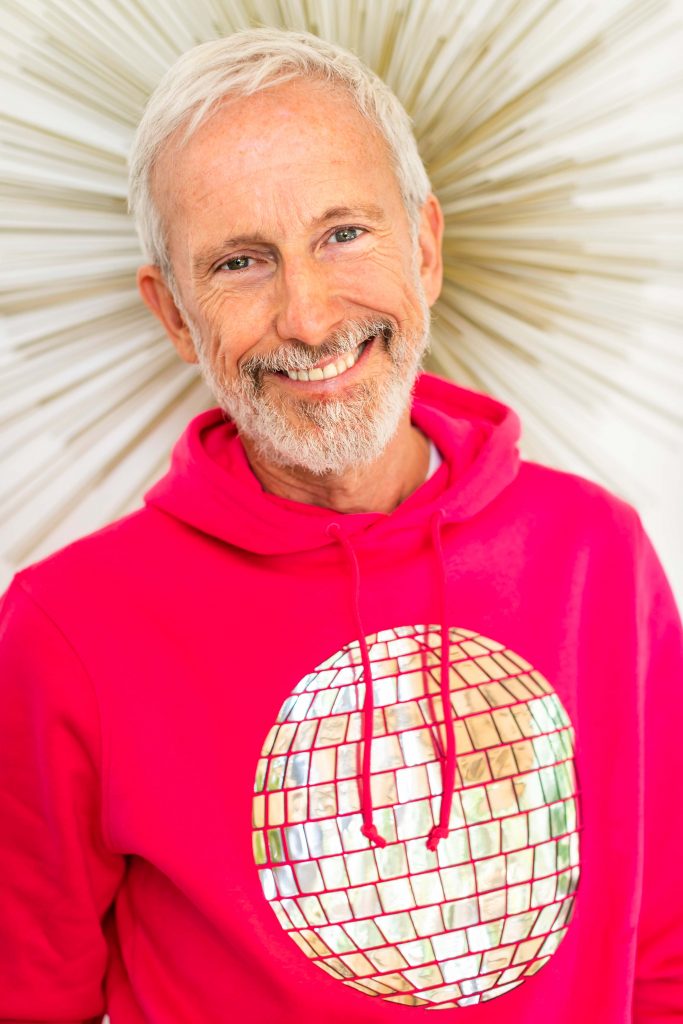
What were the most important visual impulses that shaped your youth?
Well, there are different aspects. I always liked history, specifically Greco-Roman and Egyptian ancient history. It’s just always been in my life since I was a child. On the other hand, my father was a linguist and worked for the Canadian government which led us to move to Nigeria, then to Chad and later on to Cameroon.
So, my childhood largely took place in Africa, without the usual influences of TV shows or magazines, let alone fashion magazines. Except that once a week we went to the British Ambassador to see Batman (smiles).
When we lived in Africa, we regularly had to escape the heat in the summer, but we did not fly all the way back to Canada, but to London, at least. So, we went there, and I remember being totally impressed by the platform shoes that dominated the streets and the music scene.
What kind of music were you into?
When Punk came out, I just loved it. But I was from Canada, there was nothing to complain about. Everybody was employed, everybody had money. It would have been kind of weird to be into Punk.
But then Disco got me. Because of the glamour and the dressing up, I was very into it. I remember when it was time for my prom, my mother said that platform shoes were passé and she bought me a pair of brown suede Clarks to wear with my brown dinner jacket. It was a complete disaster (smiles).
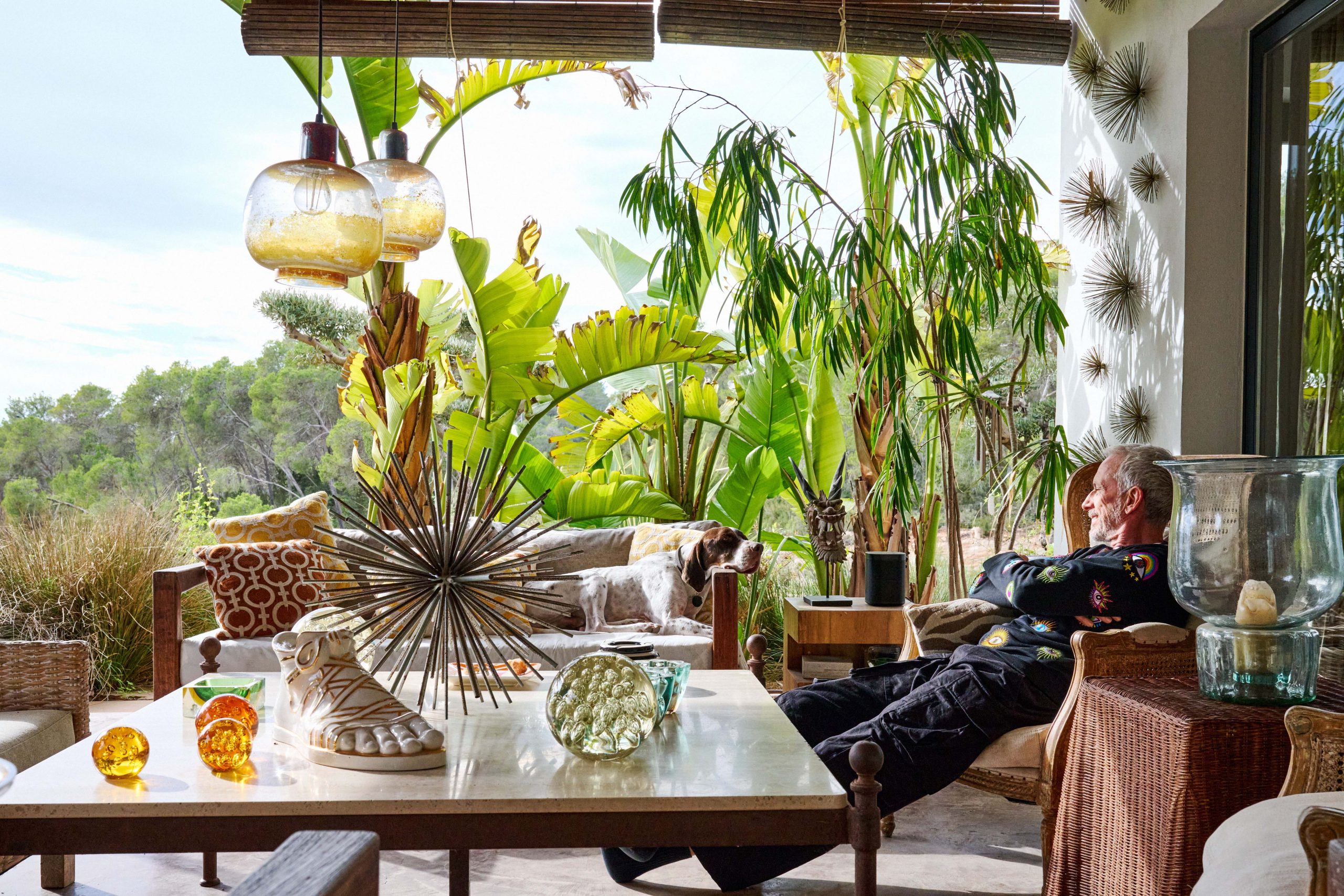

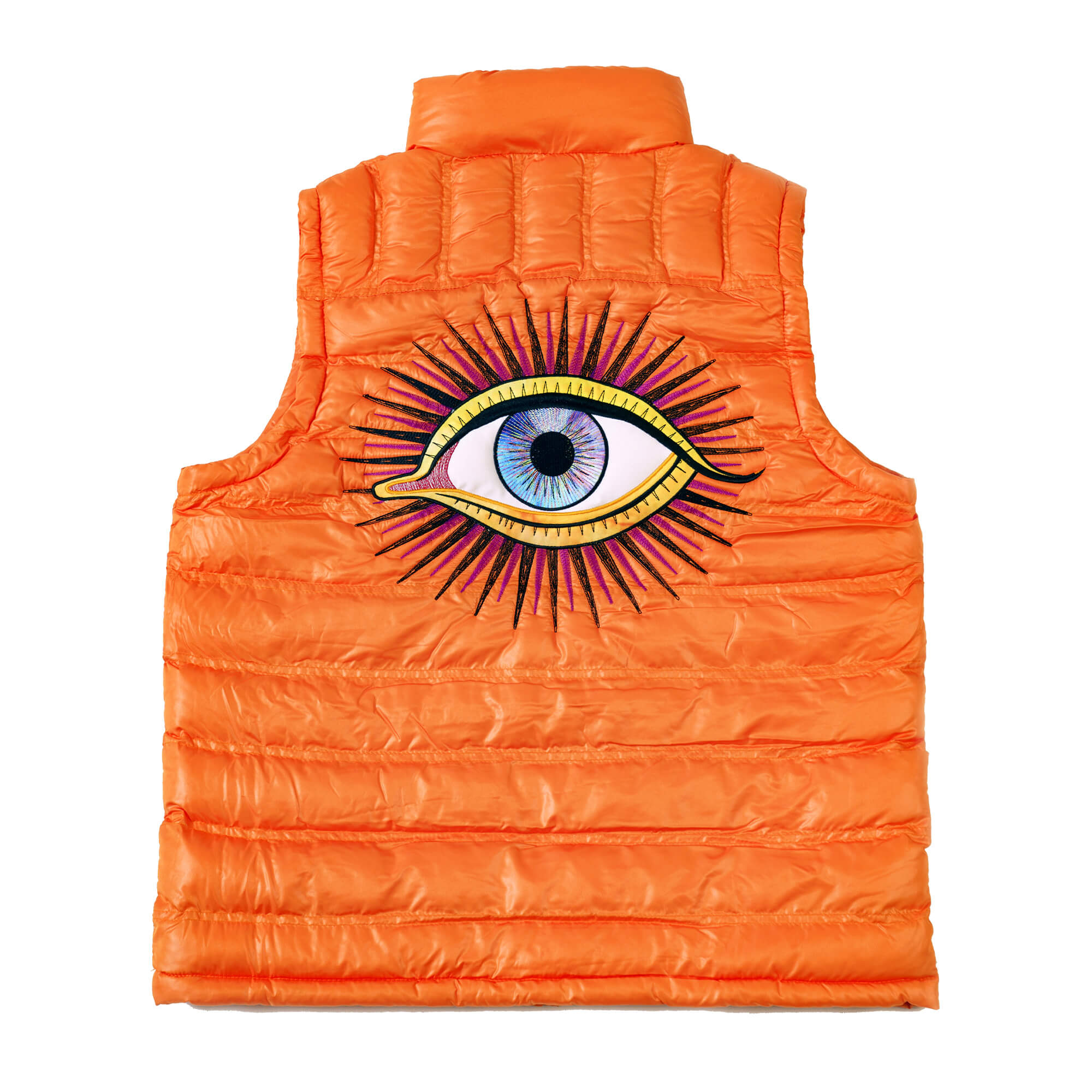
Was the desire to design shoes something you developed very early on, or did it come about by chance?
To be honest, it was never really planned. I never did anything artistic at school because my family was academic. You were praised if you got good grades in school, everything else was unimportant.
During my school years I became very rebellious because I came from a sometimes-violent childhood and had enough of other people’s opinions all my life. I wanted to get away from it all, I wanted the freedom of expression that fashion offered me.
There must have been a moment when you decided to go to London.
First of all, I moved out of the house at 17, to Toronto when I was 18 and put myself through my last year of school. In Toronto, I wanted to be at the centre of everything right away, so I started to work as a doorman at the coolest club in the city at the time, the Voodoo. It was that kind of cultural epicentre that the Blitz Club had been in London. I used to be photographed, be in the newspaper and magazines because of whatever new romantic outfit I wore, and I liked that. I liked being noticed for the first time in my life instead of being put down.
During this time, I met a clothing designer and helped him as a stylist, long before the term even existed. He noticed that I was passionate about shoes and encouraged me to pursue this further and he was the one that heard of a shoe college in London in the 70s and told me about it. So, when I visited London in May 1983, I enrolled at Cordwainers Colleg and moved there in September.
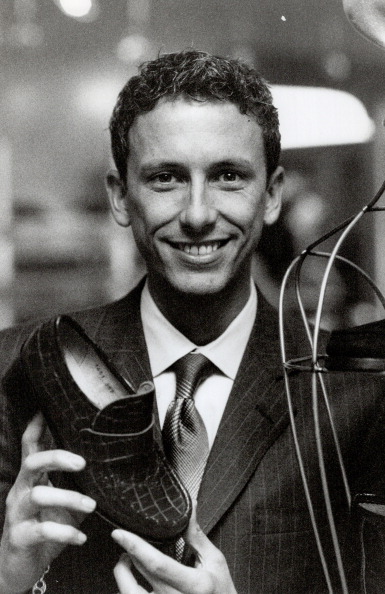
How was college life?
Initially I hated college and found London quite lonely. The college was very Victorian and located in Hackney, a very bleak part of the city. It was not as trendy as it is today, as you can imagine. But failure was not an option, so I just kept going where a lot of people would have probably quit.
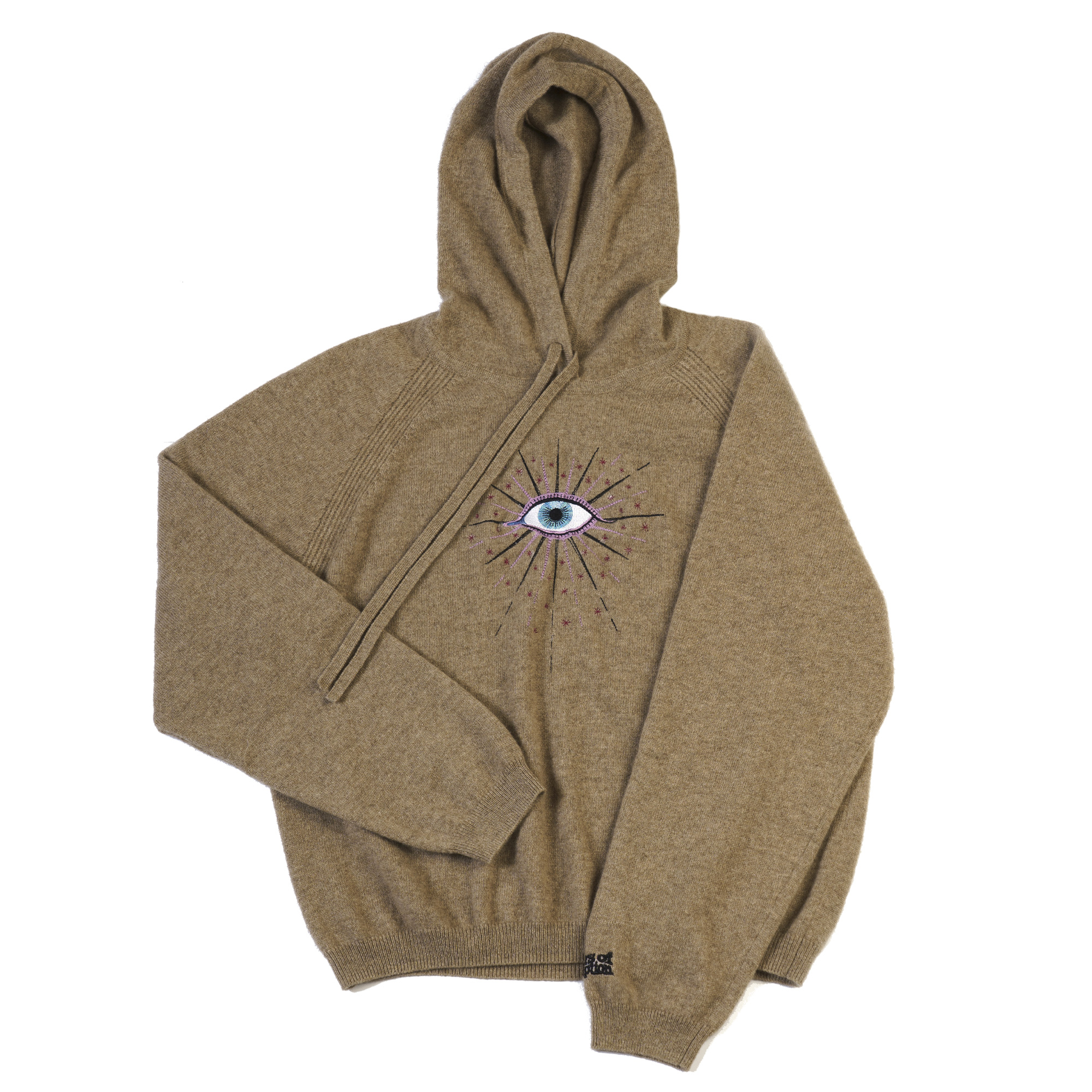
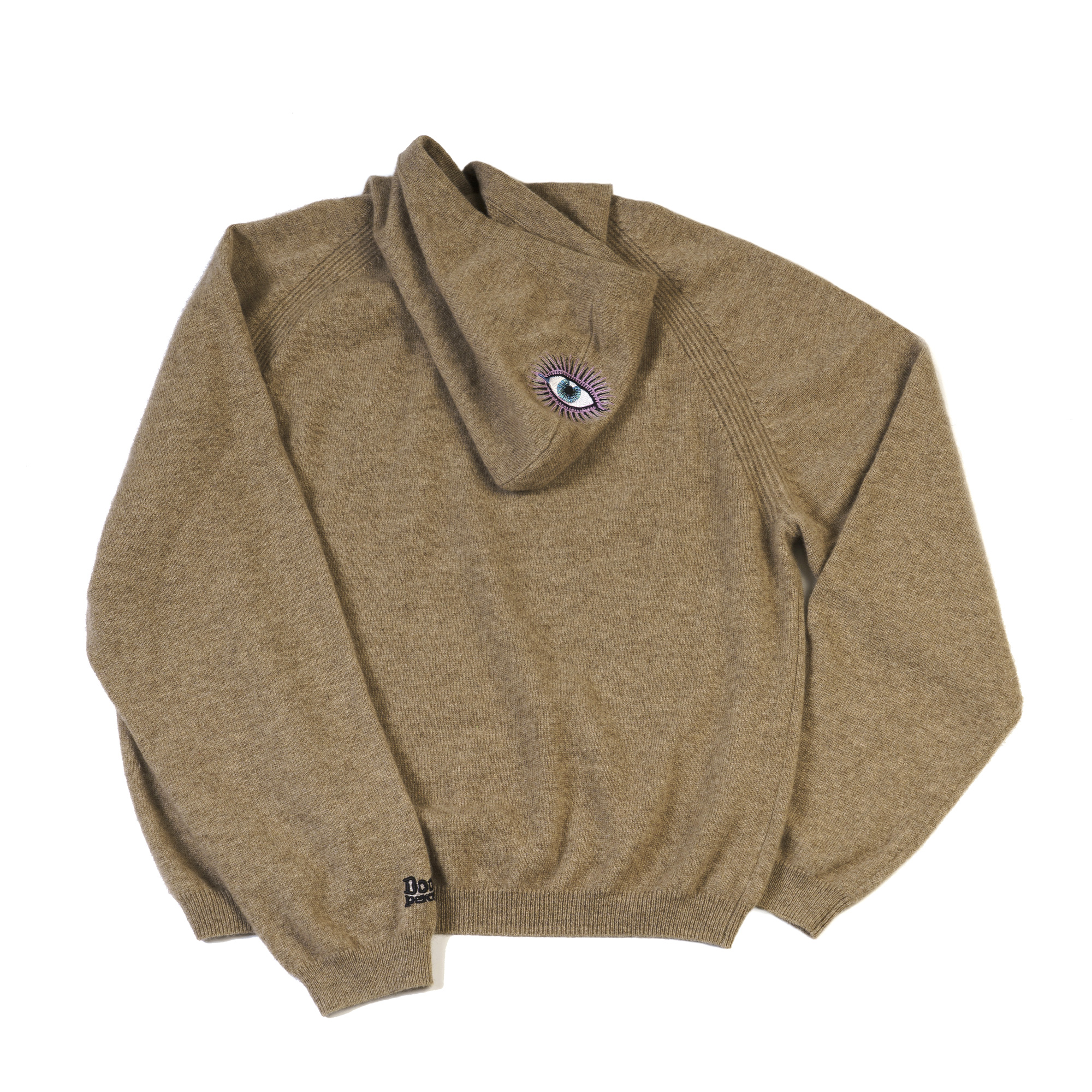
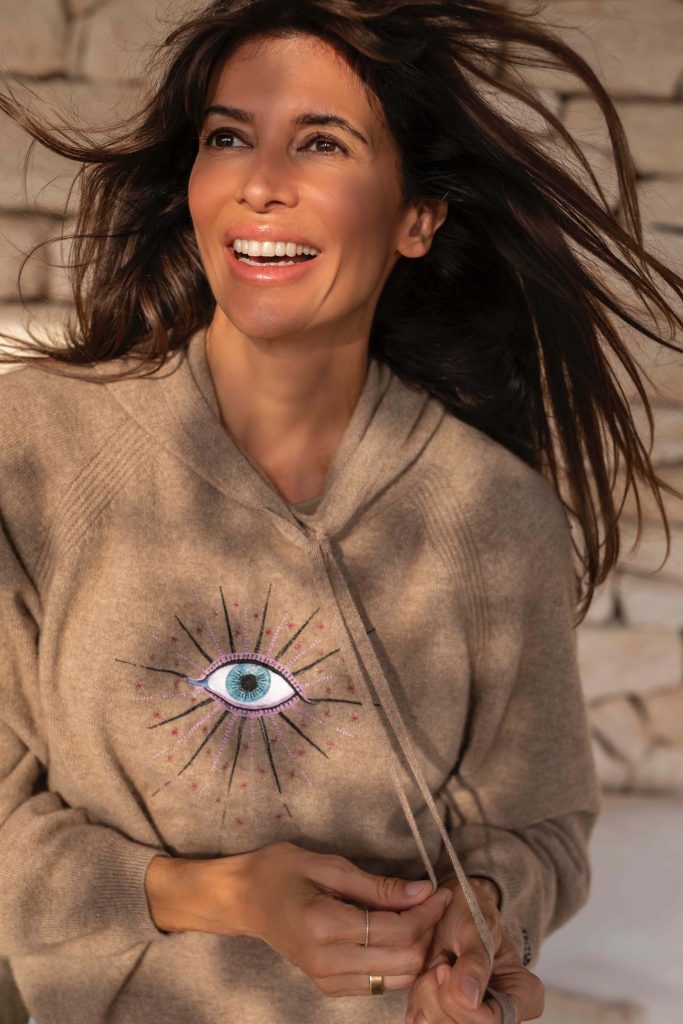
But then you came across Vivienne Westwood …
On New Year’s Eve 1983 I met the Vivienne Westwood team including her assistant David Staines in Soho, and they invited me to hang out with them. That was a special moment for me as Vivienne was half the reason I moved to England. I was obsessed with her work and her cosmos.
Then later in January, David was looking for somewhere to live and I invited him to become my flat mate. In February, six weeks before the show suddenly Vivienne and David, who was at that time her right-hand man, had completely forgotten about shoes, so David suggested me. But not everything went as smoothly as it might sound in retrospect. I had to finance the production of the shoes myself because Vivienne literally had no money, I brought them to the Paris show myself. She really liked some of my shoes and chose them for the show, but there were also some that she didn’t like and discarded.
But by a wild coincidence, these were the ones that ended up in the show anyway. In the audience were John Galliano and all the young, soon to be famous English designers, and then word got around that Patrick had made the shoes for Vivienne. So that was March 1984. Then I graduated one year later and did the shoes for John for three seasons.
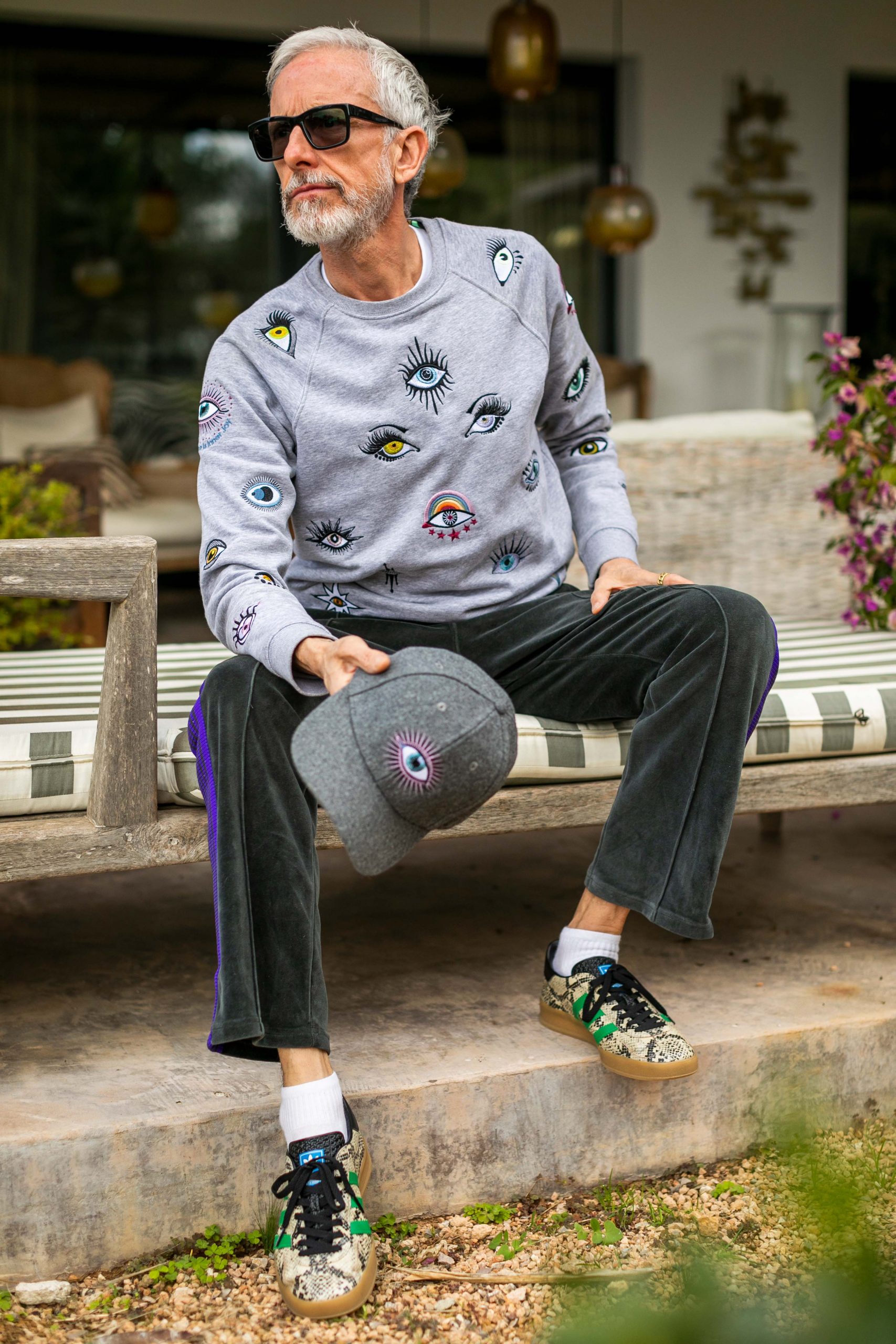
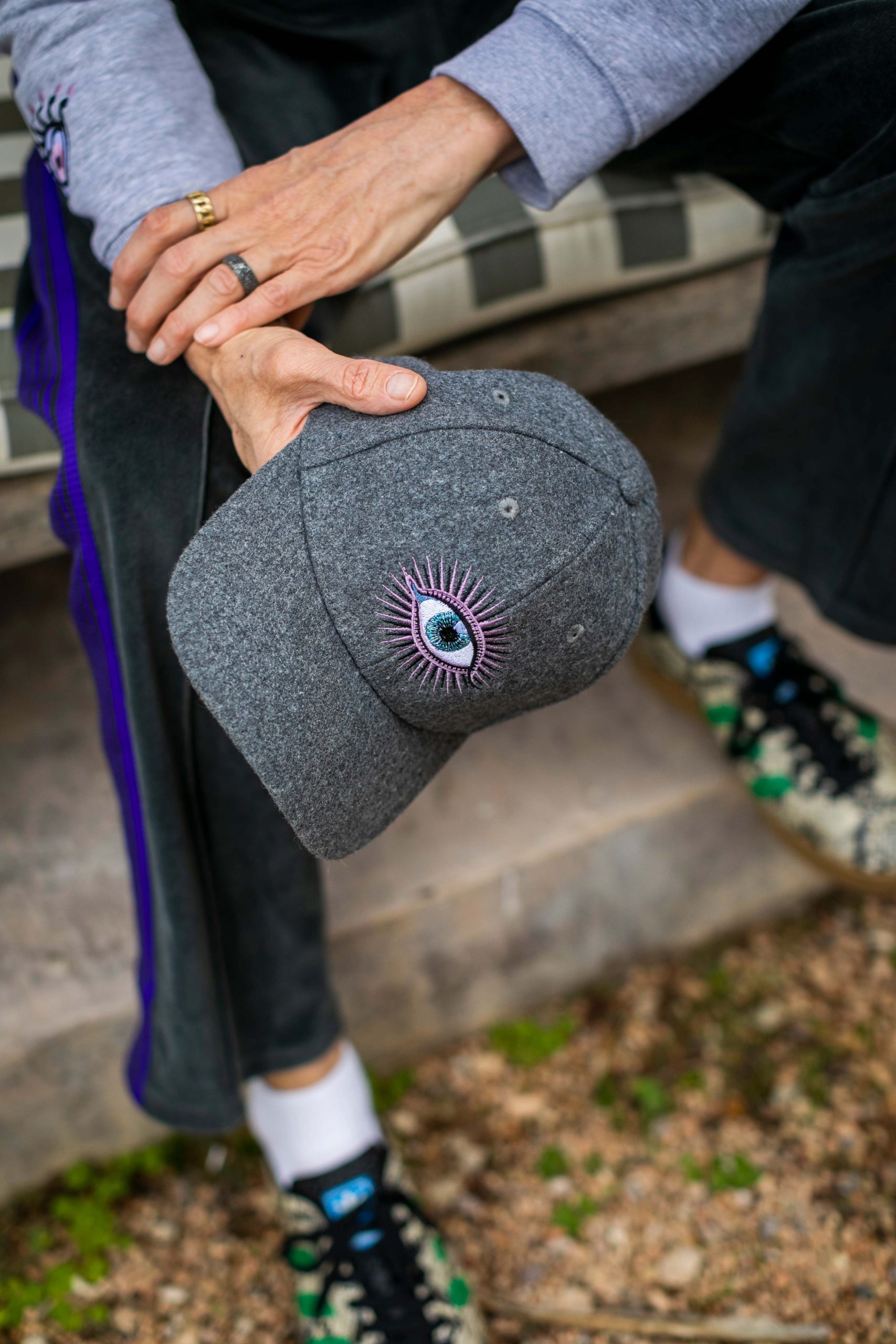
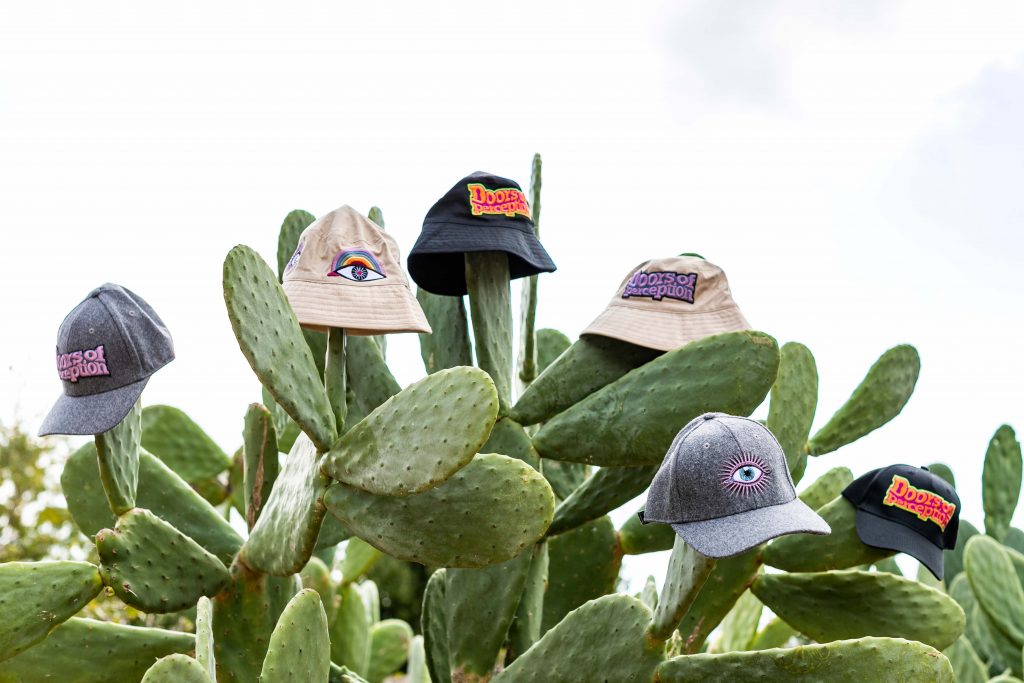
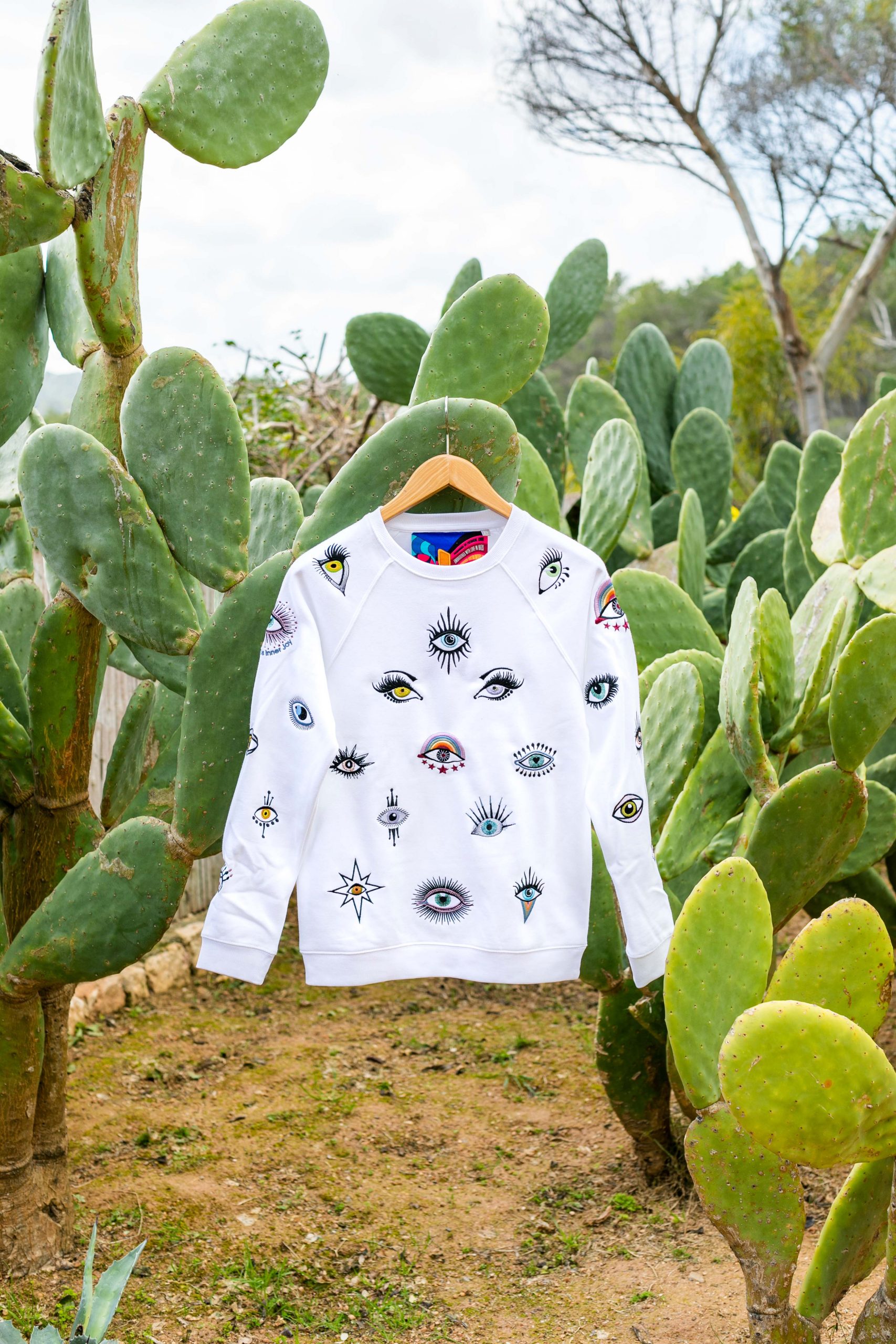
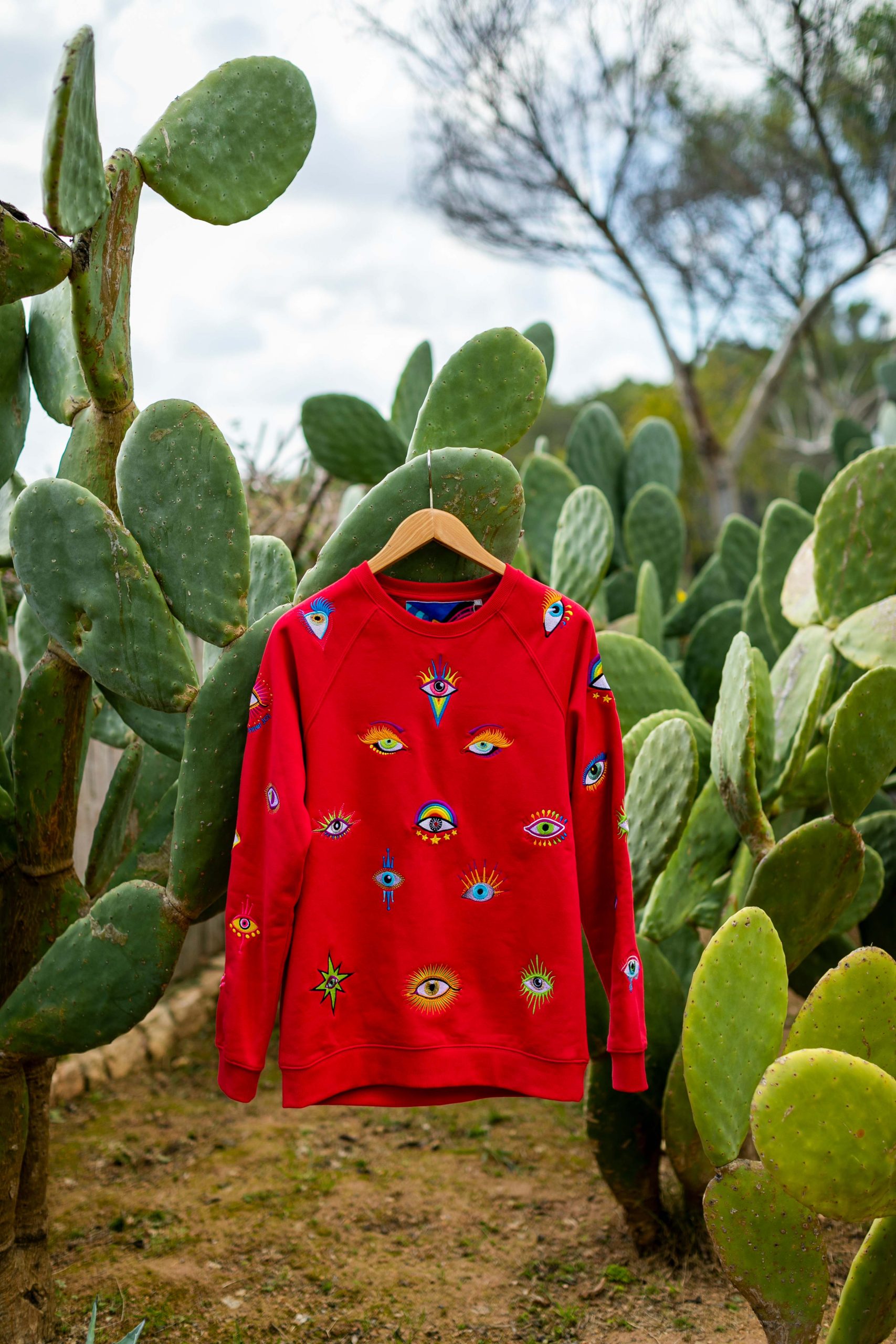
What happened after that?
I started my own line and that built and built over the next seven to eight years, then in 1993 I designed the Wannabe loafer that became the iconic one. We went from selling 2.000 pairs a season to 250.000 and very quickly to over a million units per year.
I worked hard, I played hard – but at the same time it was kind of strange because I came from a completely different cultural background than all the other kids around me who had been to art school. But I guess that’s what made my stuff fresh. In the end it was a hell of a ride, spending my very first weeks in London crying each night and having a tough time, and all of a sudden, everything happens so fast.
In ’96, you signed a ten-year licensing agreement with Isetan in Japan that covered not only shoes but also the entire accessories portfolio. From scarves to handbags…
In England, I was primarily known as a shoe designer who had also done a few other things but in Japan I was more of a brand, and I designed clothes, watches, sunglasses, handbags etc. and sold them in large quantities for years.
The initial connection to Japan came through my association with Vivienne and eventually through Hiroshi Fujiwara, who was the godfather of streetwear and in a way something like the Japanese Pharrell Williams. I went to Japan quite regularly and I sold to more stores in Japan probably than I did in the UK in those days. It was the only place in the world where I would land and there would be reporters at the airport.
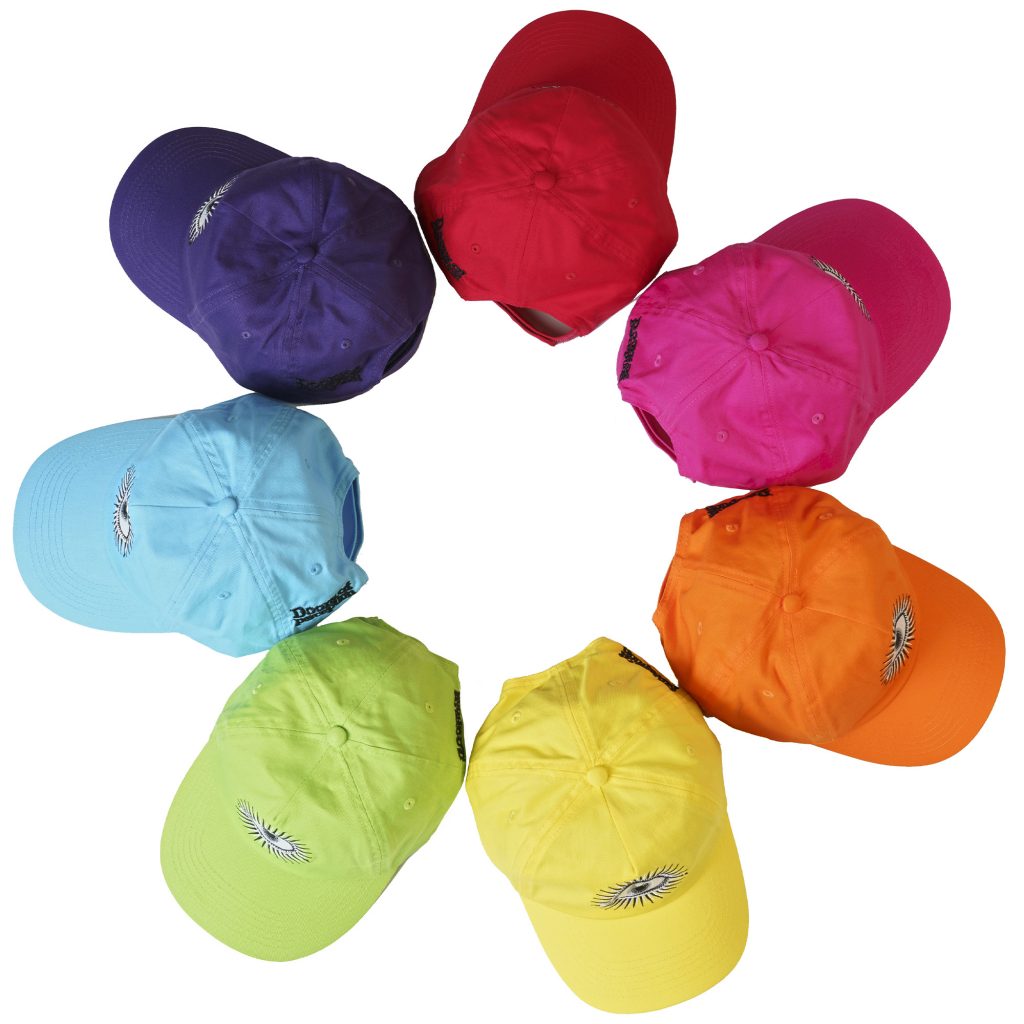
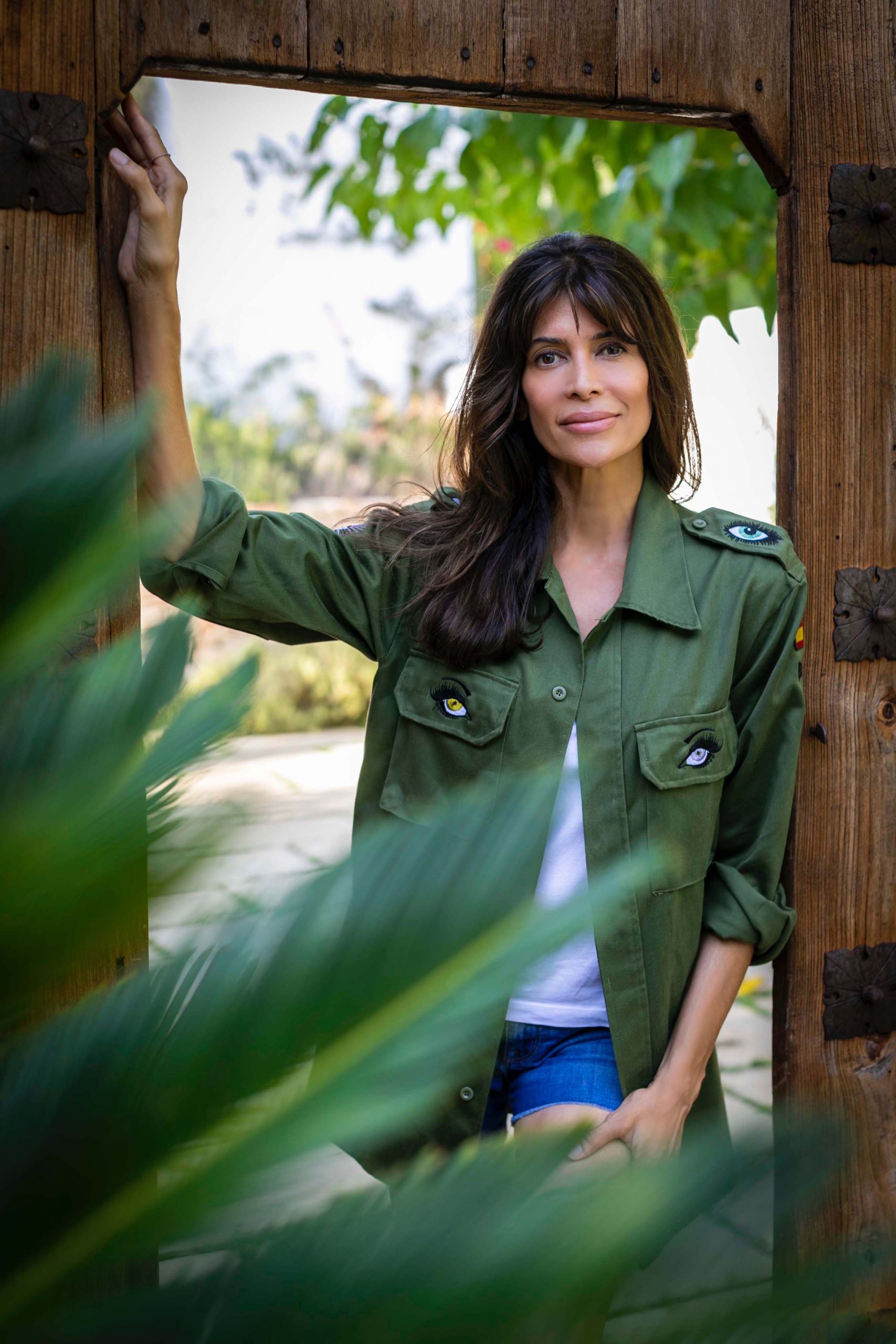
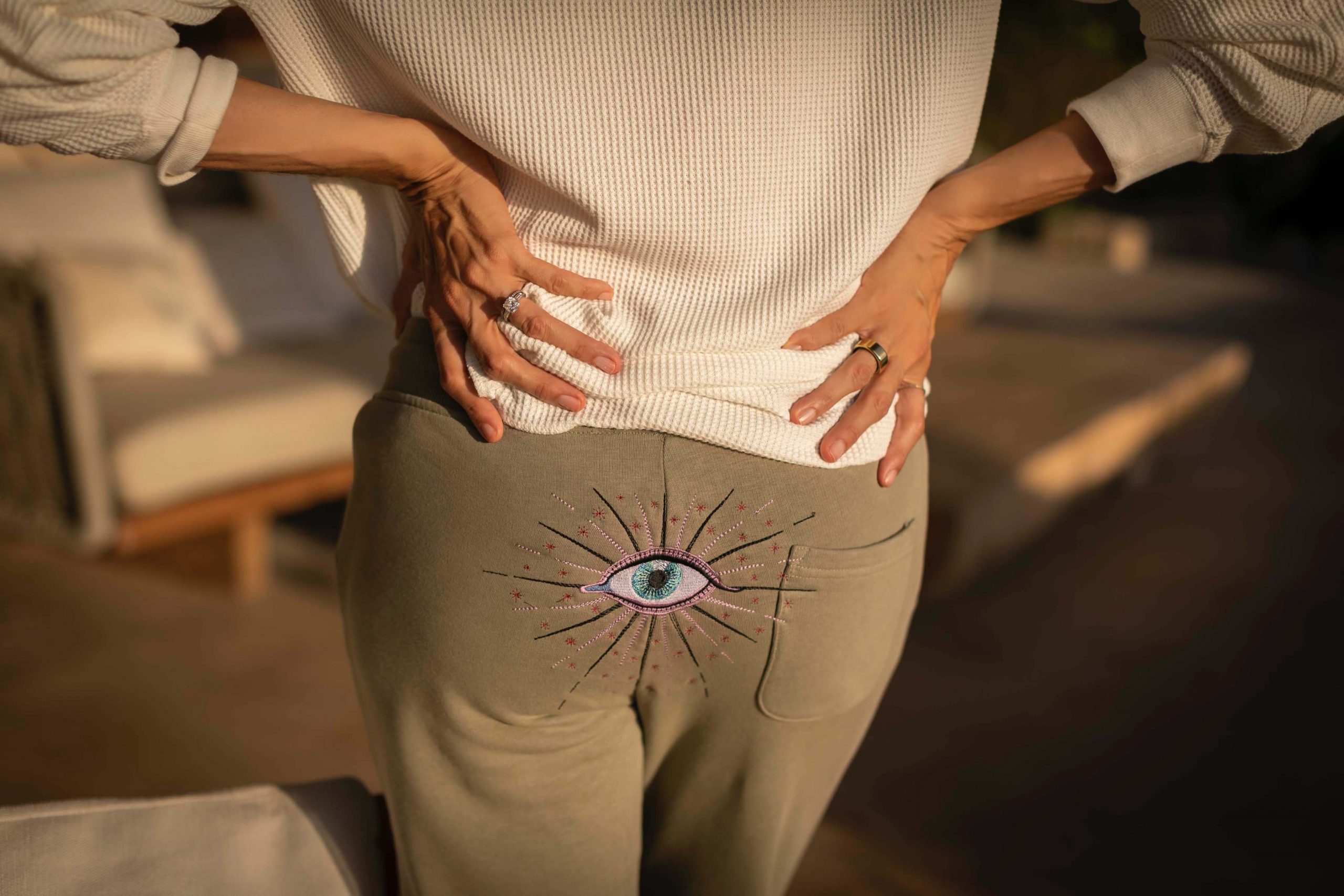
You once said, ‘I always had this voice in my head that I wasn’t good enough, that I didn’t know what I was doing.’ Have the doubts disappeared over time?
They can still rear their heads every now and then, but not like before when it was all encompassing. Back in the 90s I thought I was a complete fraud, and I was waiting for everybody to figure that out. When you really, really, really don’t like yourself and that’s all you’ve ever known, it’s amazing what your mind can do to deflect success or accept it without relating it to your own achievements.
Let’s talk about your decision to move to Ibiza.
Due to taking on incompetent investors, I lost my company and the right to use my name. I was deeply unhappy and searching for connection and a new way of life. So, I moved to Ibiza with my two English bulldogs to be more in tune with nature and to live a simpler life.
But I was really burnt out and underestimated the culture shock you get when you suddenly come from busy London to the totally quiet life on the island. I spiralled into depression and became suicidal. That’s when David Furnish and Elton John, two of my best friends for almost 30 years, stepped in and got me off of the island into rehab back in the UK.
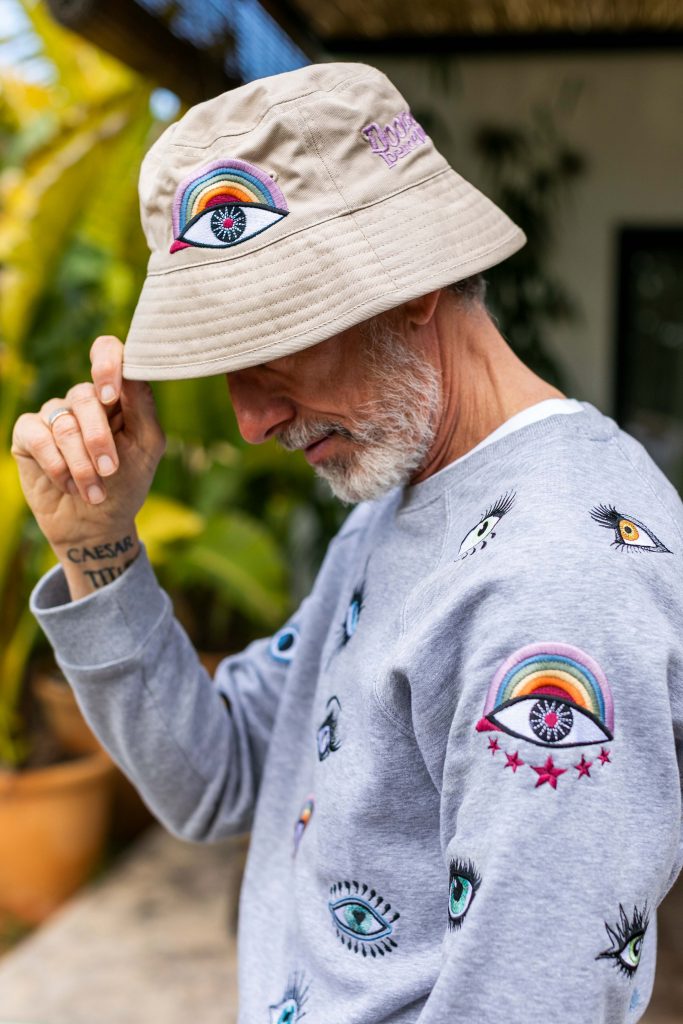
So, rescue was finally in sight.
Not really. I reacted badly to rehab to say the least. I know it works for millions of people, but it didn’t for me, I challenged the counsellors every single day. Upon leaving rehab later on, a Buddhist friend reached out to me out of blue and upon hearing of my situation he gave me shelter and he saw and encouraged my spirituality.
Ibiza and your whole life got a second chance ….
Upon returning to Ibiza, I was still lost but then I heard about this practitioner from California who was visiting Ibiza and holding toad ceremonies. So, in June 2019, at a friend’s house, I did toad for the first time and it changed my life.
With toad, the default network is switched off so that all the synapses in your brain that don’t normally talk to each other can communicate. You literally think outside the box and create new neural pathways in your brain. In other words: you can literally think differently.
Can you name a key insight?
I dropped my whole conditioning. You experience moments of unconditional love and in that moment, all of the programming falls away. It’s a pure ego death. I, Patrick Cox, have ceased to exist, and you become part of the whole. You return to source, to oneness, to God or whatever word or term works for you.
As soon as you start to put the experience into words or rationalise it, it slips away because it’s ineffable. And as soon as you start to put labels on it, you denigrate the experience because you’re trying to put it into a box. Just let it be huge and incomprehensible.
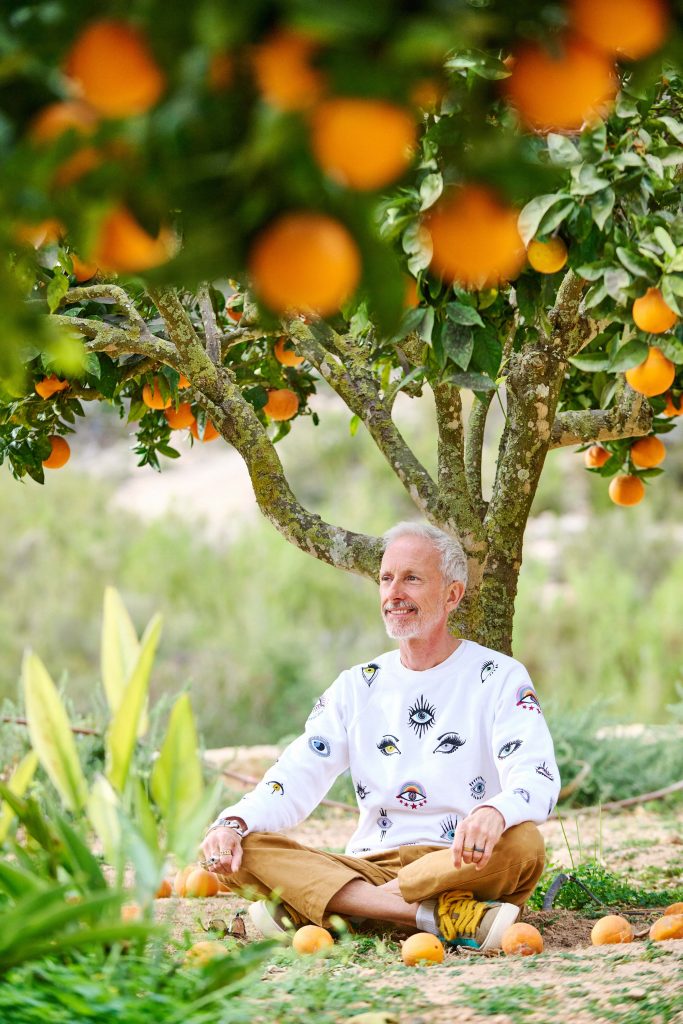
Then language …
… is the wrong tool. When I land after toad, I can’t speak normally for half an hour because I don’t know what English is anymore. It is pure, 100% ego death. The concept of being Patrick is alien, you’re past all of that – it’s very weird to explain but it’s real, true and very powerful. But of course, you can only help and heal yourself if you really want to. This has consequences and often leads to leaving some people and contexts behind.
Would you say it’s a kind of rebirth?
It’s discarding everything that did not serve me over the last 55 years and rediscovering who I truly am. It is a rebirth and it’s a return to source, it’s both. When I sat up after the first time I did toad I just stated that someone has been sitting on my chest for 55 years and he just got off. I had the first unimpeded breaths of my life because my first memories of violence in my family start at about the age of four. All of that angst and fear of my parents and insecurity just went.
The interesting thing is that I’m best friends with my mom now and speaking to my dad again who I hadn’t spoken for decades. My older brother flew here last summer and toaded with me. I had barely spoken to him since the day I moved out of the house when I was a teenager. I know it sounds cheesy but if you just approach everything from love, it’s an amazing place to be.
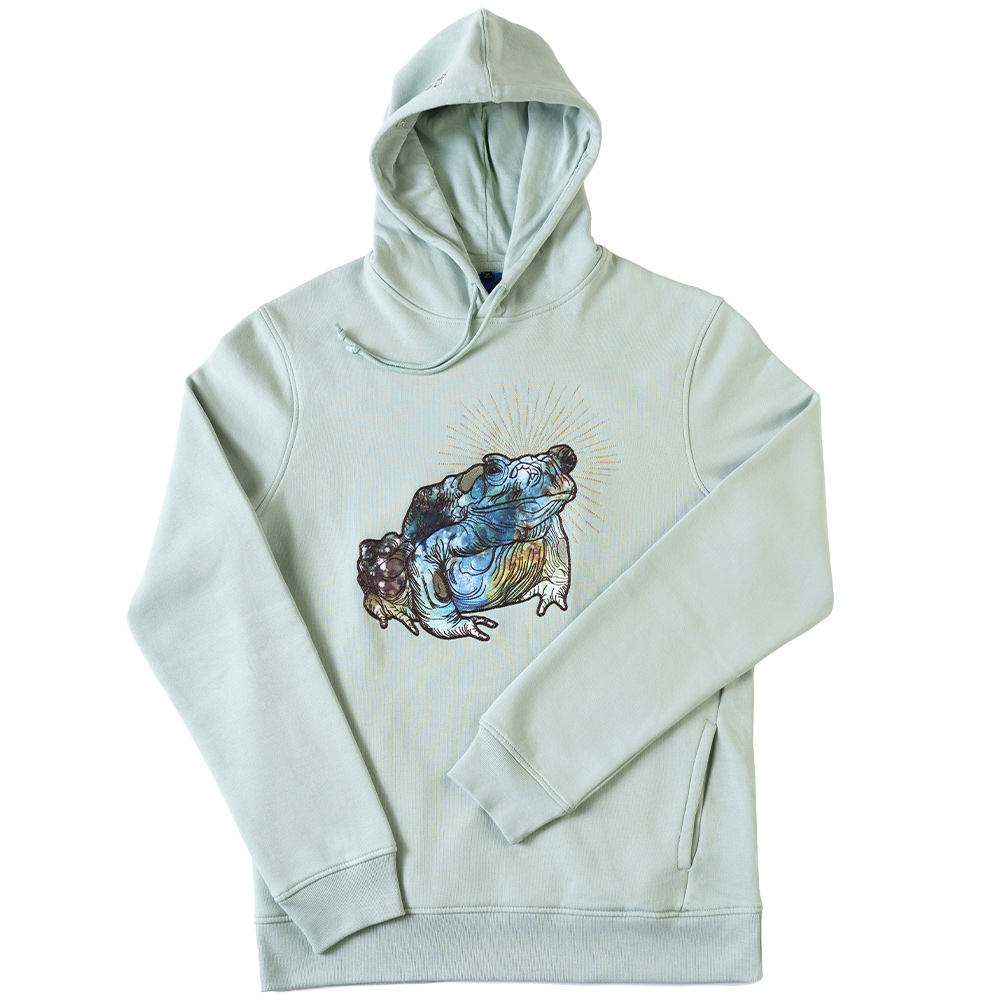
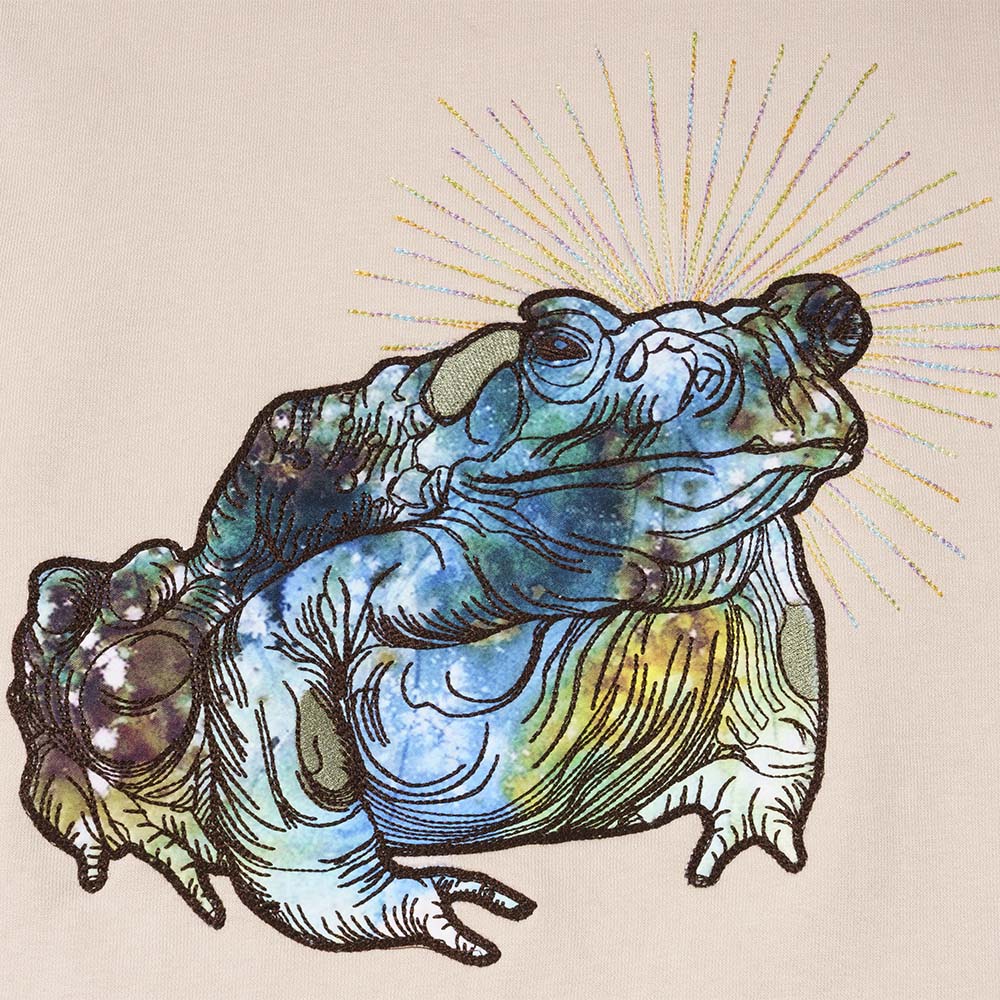
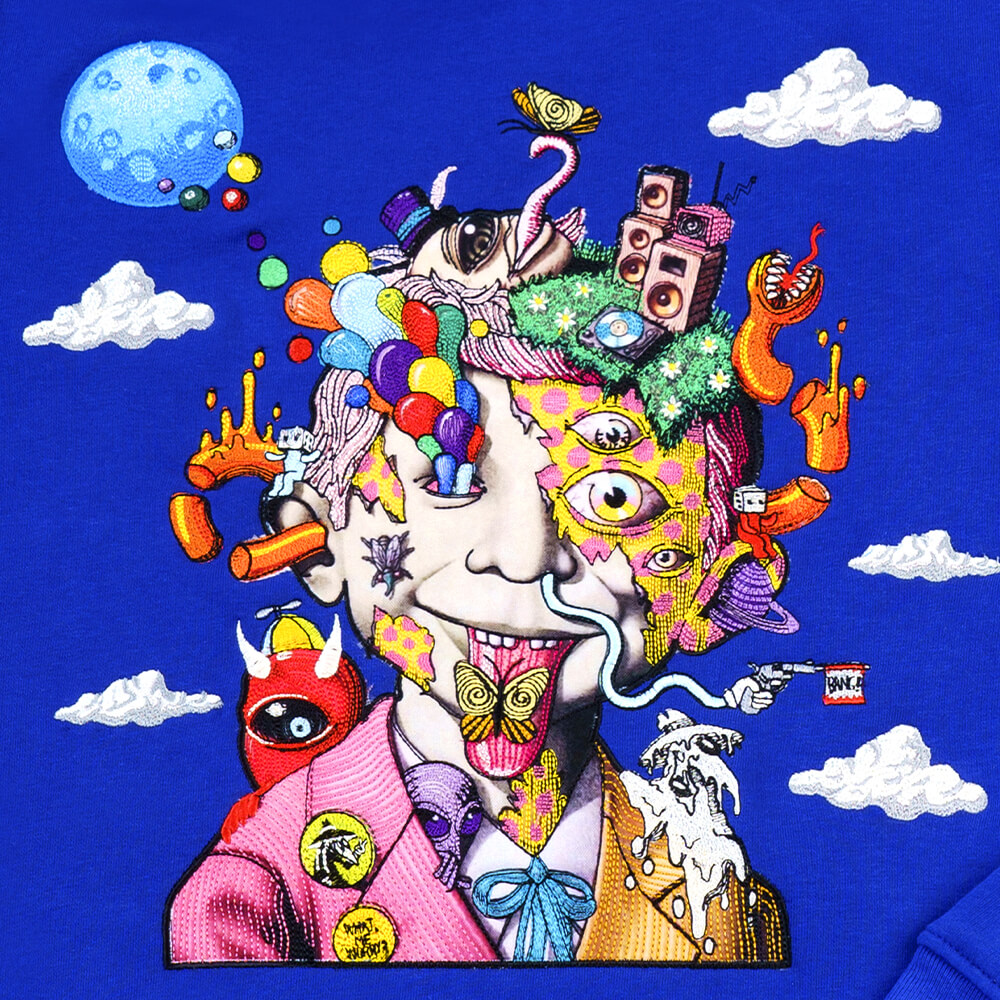
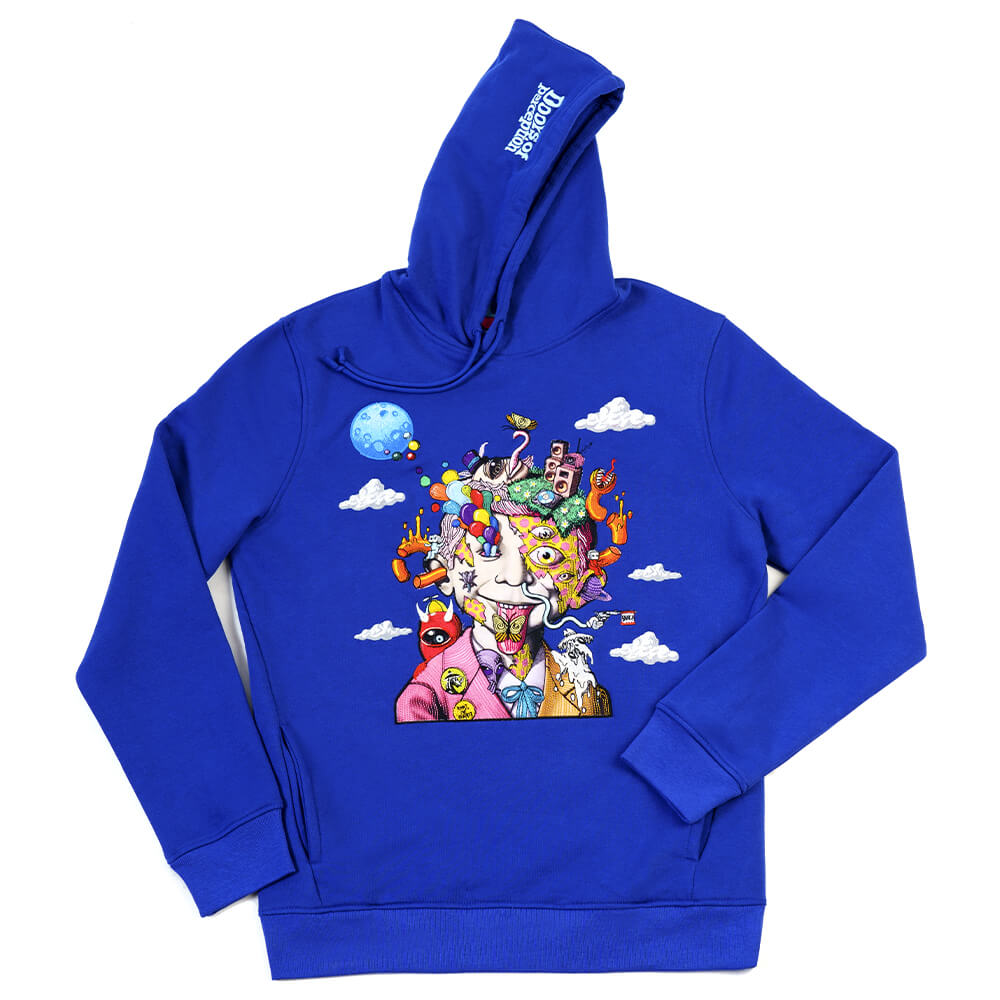
Are there other aspects that have changed since you started doing toad?
I no longer drink alcohol and I have stopped taking non-psychedelic drugs like coke. It’s just purely for spiritual reasons, because I realised that if I did that substance, my connection was gone for days, weeks and months until I could reconnect myself. So, I stopped all that and have a better relationship with myself ever since.
How did ‘Doors of Perception’ come about?
When I decided to come over to Ibiza, I was moving here to write my memoirs and open an animal sanctuary. Neither of these happened initially for several reasons and after working with toad for two years, I decided to marry my spirituality and my creativity.
Now it’s like how my career was in the beginning when it was pure creativity, pure joy, without any accounting meetings, finance and production meetings. I found an embroiderer on the island, so ‘Doors of Perception’ is 100% Ibiza.
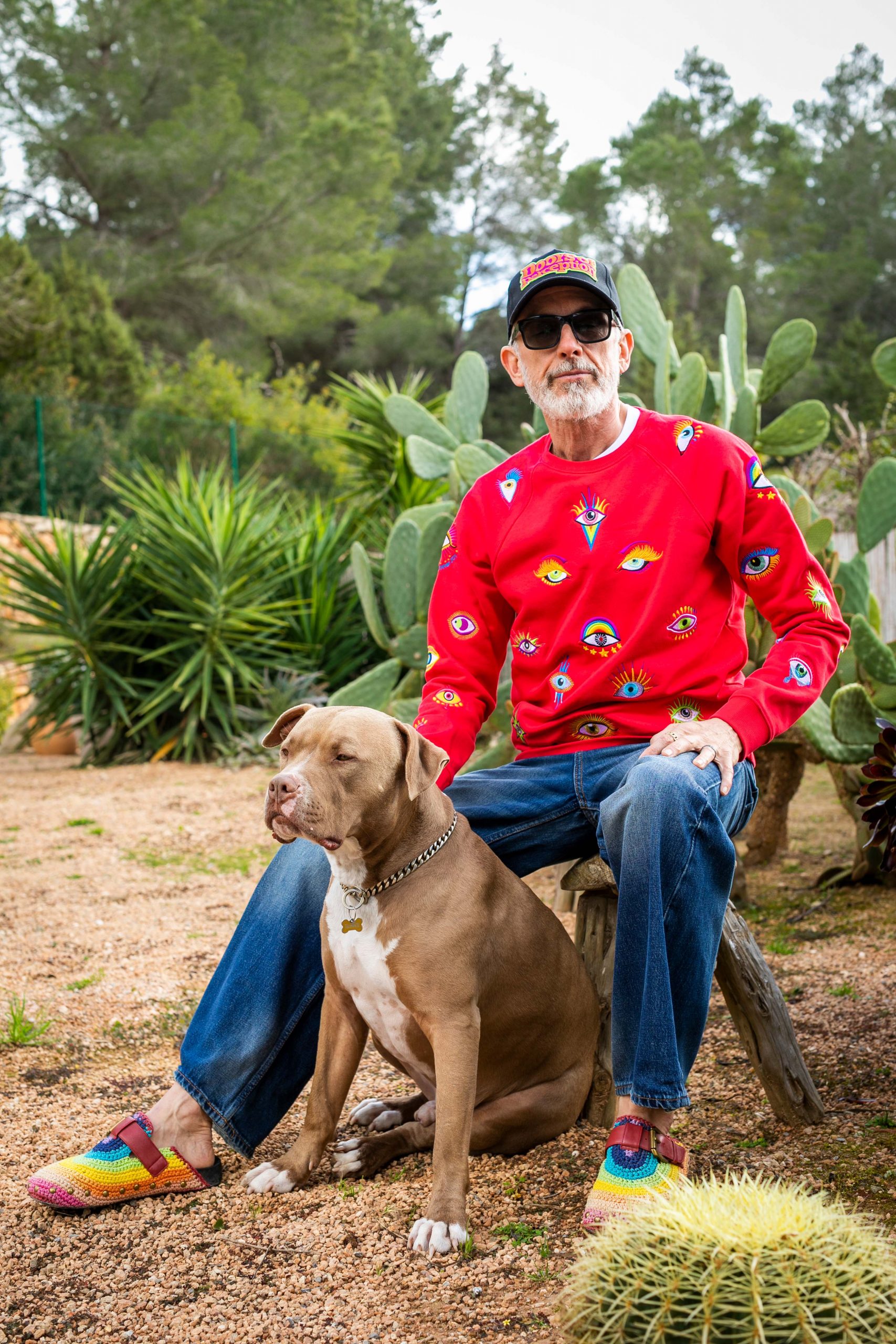
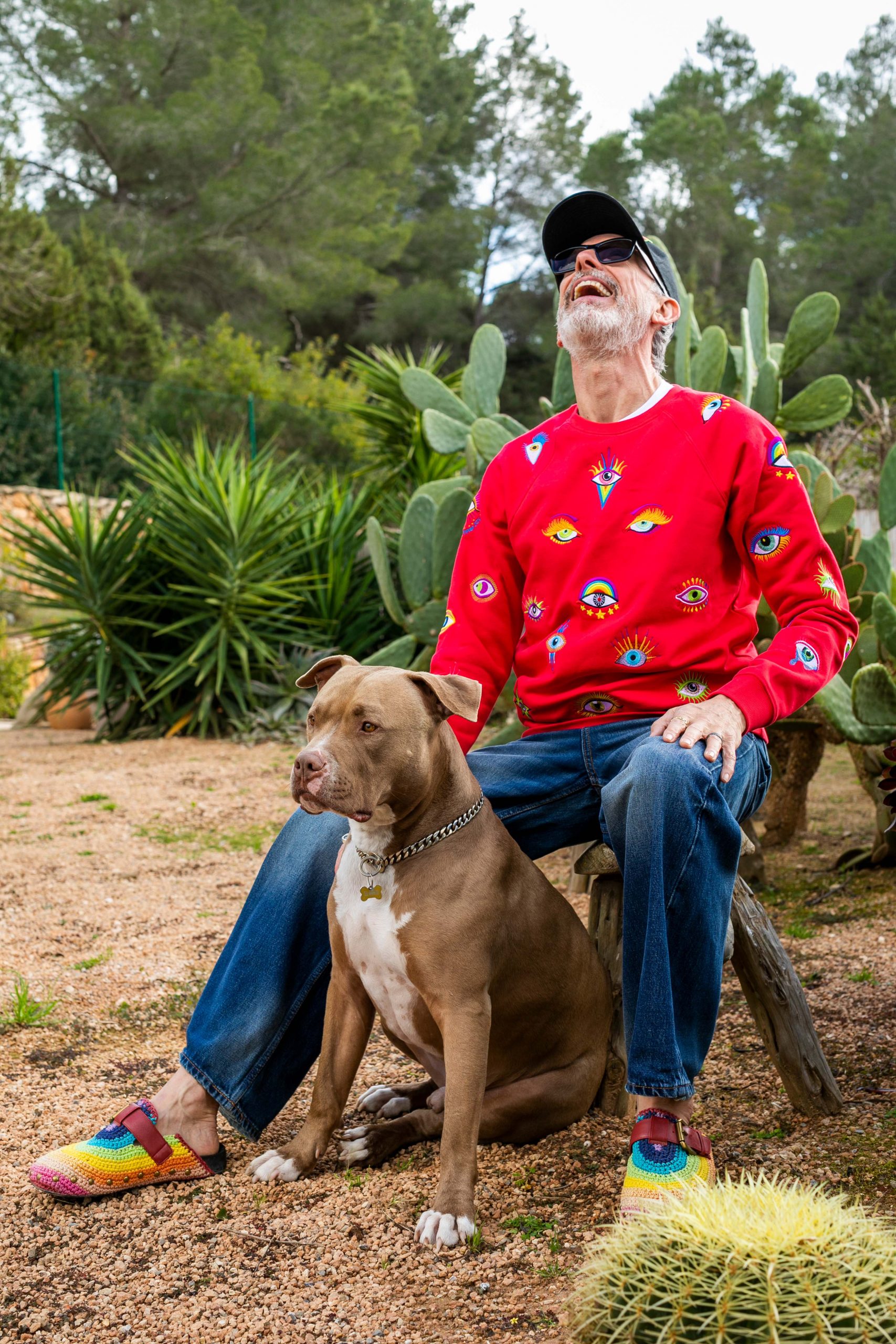
Thank you, Patrick!


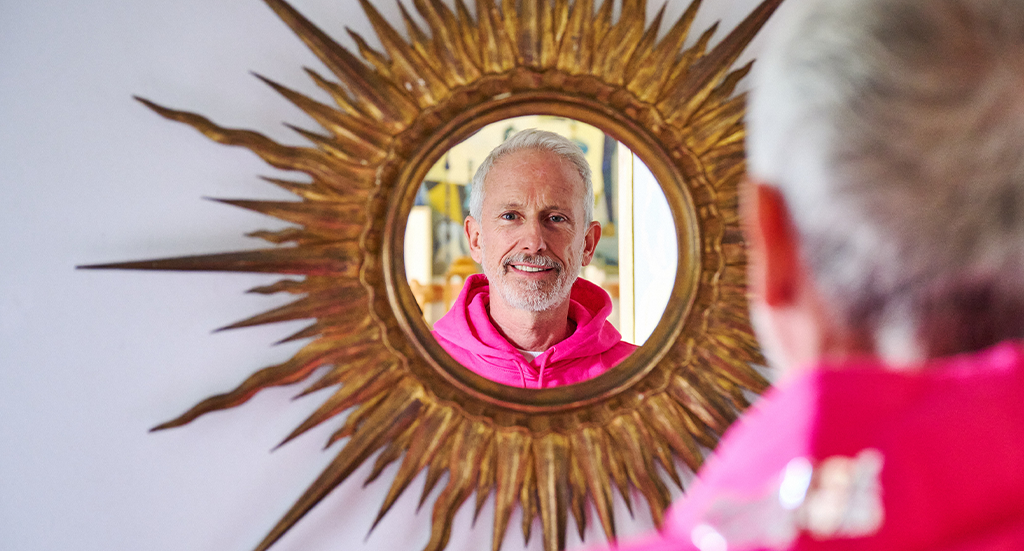
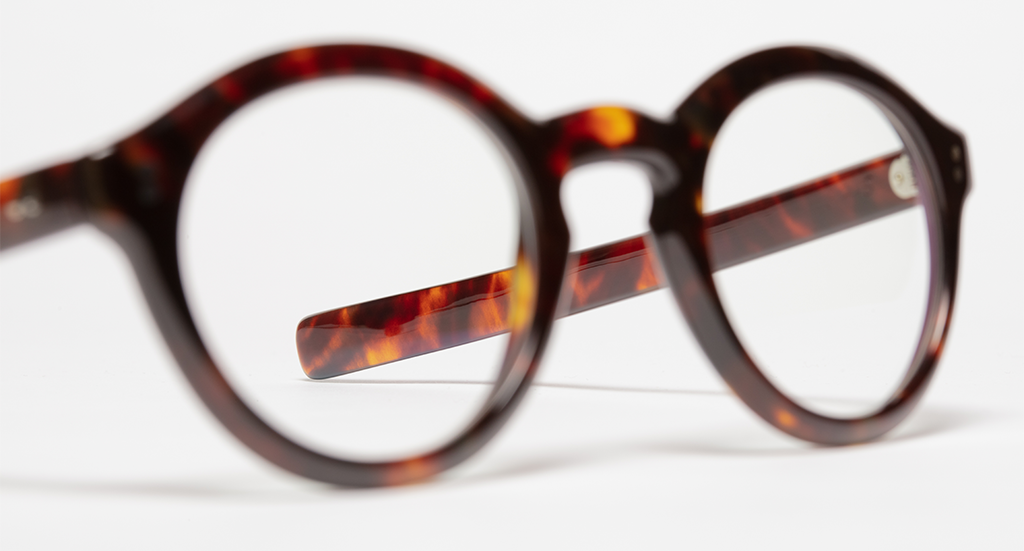


Join our Community